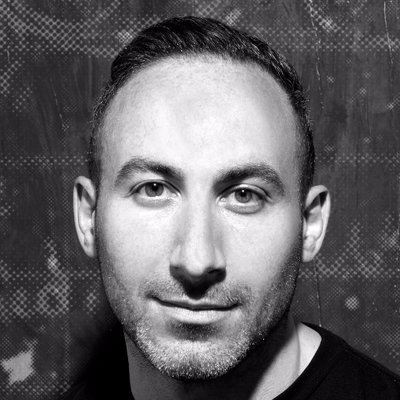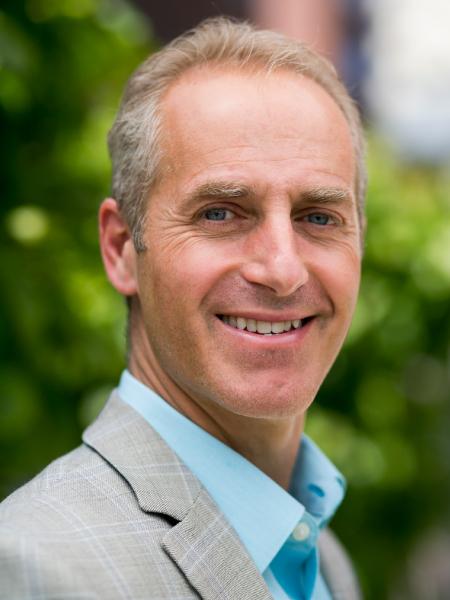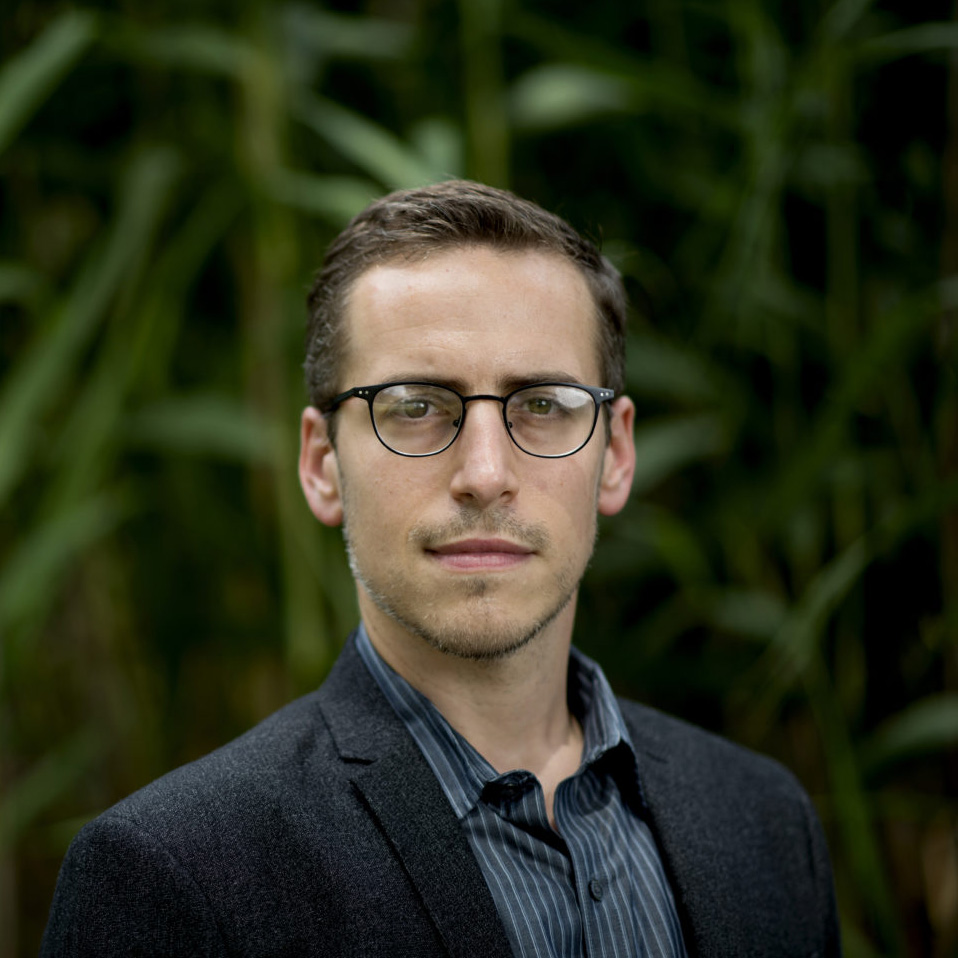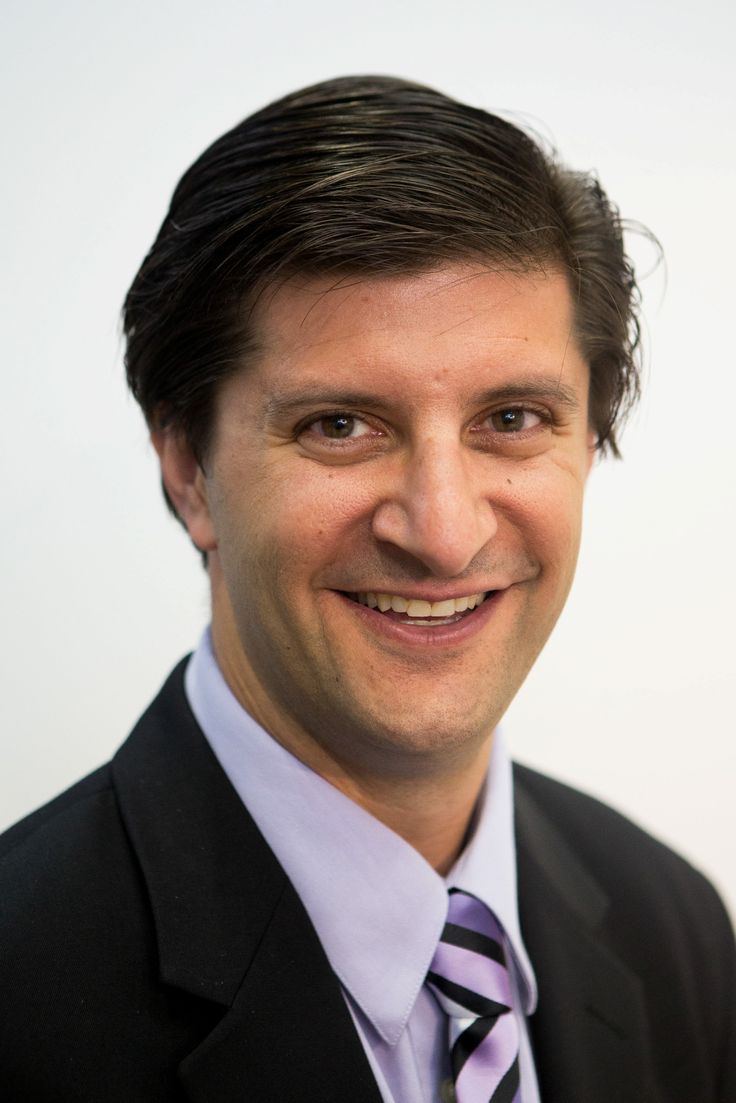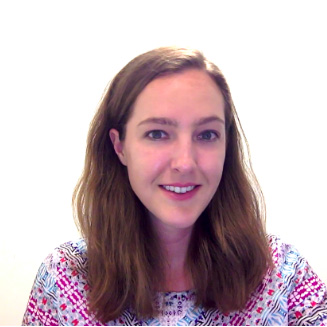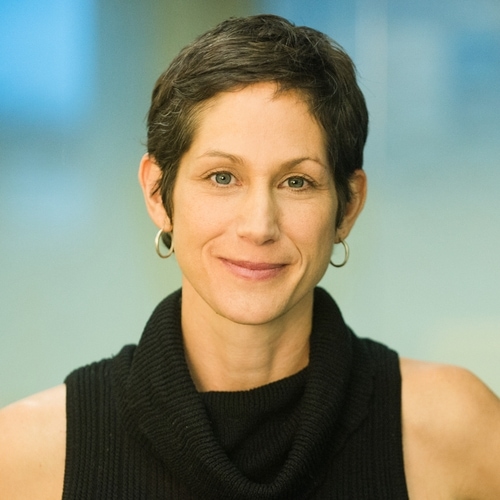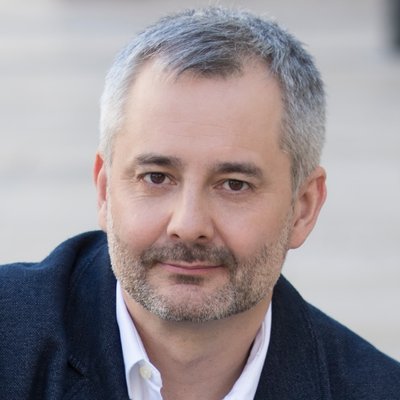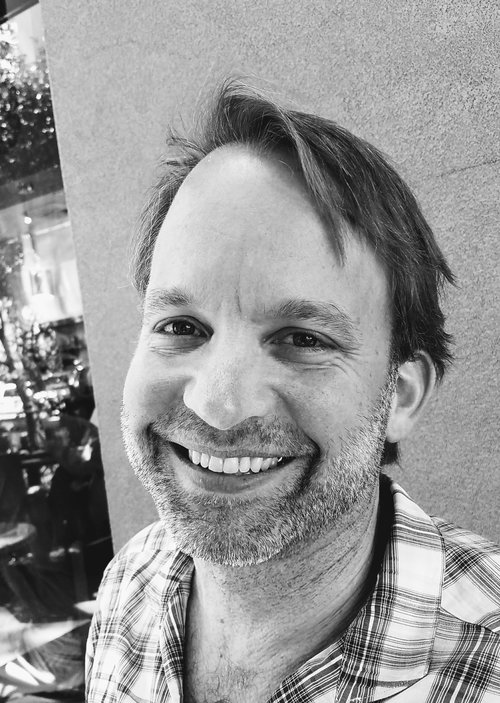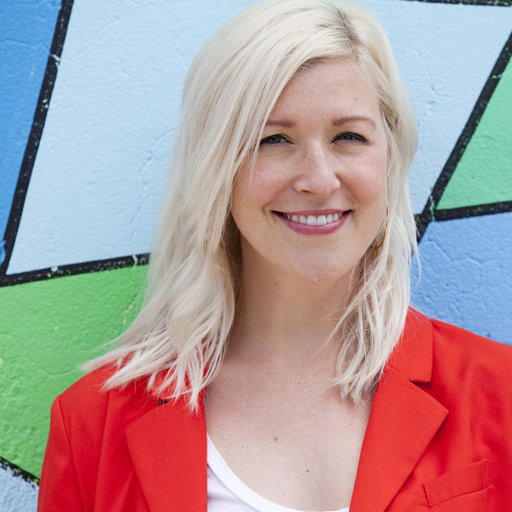Adam Bly
Scientist and entrepreneur, founder of a new purpose-driven AI startup
Scientist and entrepreneur, founder of a new purpose-driven AI startup Adam Bly, recently led data at Spotify. He previously founded the data analytics company Seed Scientific, which was acquired by Spotify. He was a Visiting Senior Fellow in Science, Technology & Society at Harvard Kennedy School and was named a Young Global Leader by the World Economic Forum. He is currently building a new purpose-driven data and AI startup.



